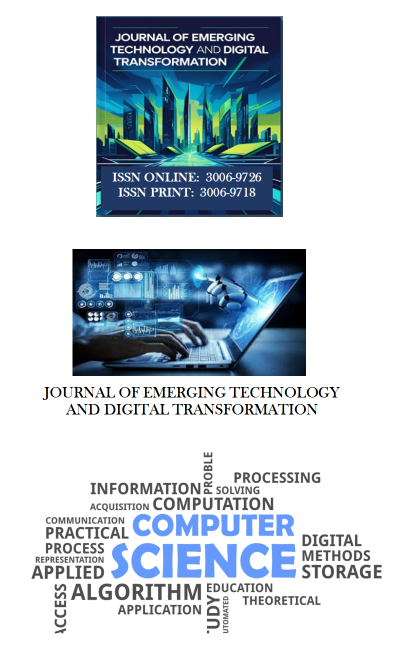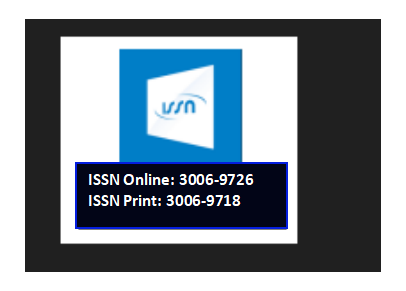THE EVOLUTION OF SDMS: TRENDS, TRADE-OFFS, AND FUTURE DIRECTIONS
Abstract
Software development has undergone significant paradigm shifts, transitioning from rigid, linear models to adaptive, iterative methodologies. This paper critically examines Software Development Methodologies (SDMs) by evaluating key developments, their associated strengths and limitations, and future trajectories. Unlike prior literature, which often presents uncritical endorsements of Agile methods, this study focuses on real-world implementation, contextual fit, and long-term sustainability. Drawing from academic sources, industry reports, and hybrid case studies, the analysis challenges mainstream success narratives and highlights the methodological trade-offs involved in SDM selection. Particular attention is given to the limitations of Agile in distributed and highly regulated environments, where hybrid models such as DevOps and SAFe have emerged as more context-appropriate solutions. The study advocates empirical, future-oriented approaches to guide the development and application of SDMs in increasingly complex and dynamic software engineering settings.
Keywords: Software Development Methodologies (SDMs), Agile vs. Waterfall, Hybrid Approaches, Methodological Trade-offs, Future Trends in Software Engineering












